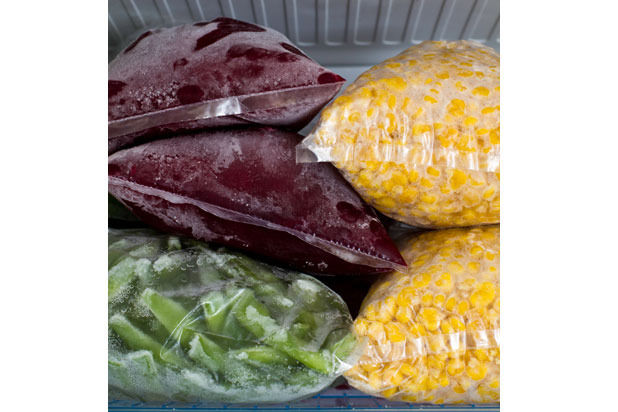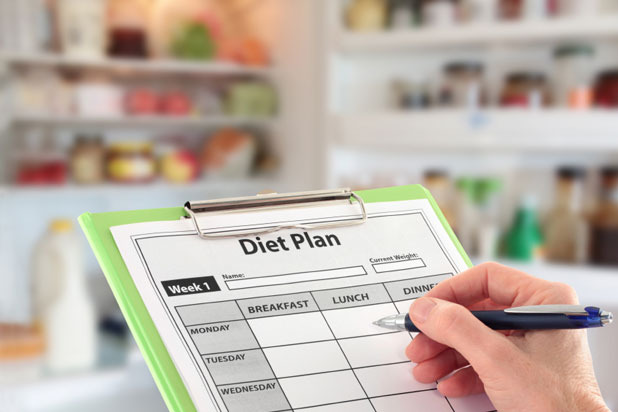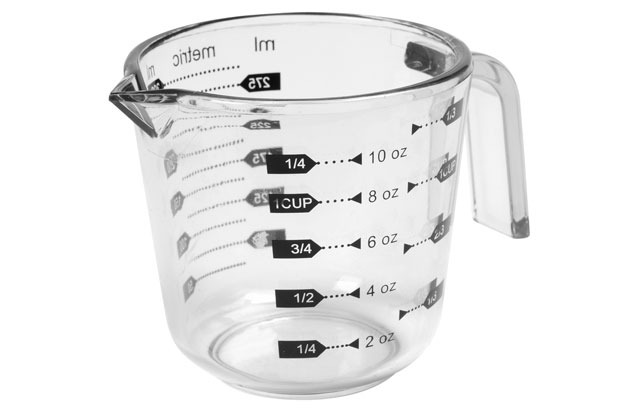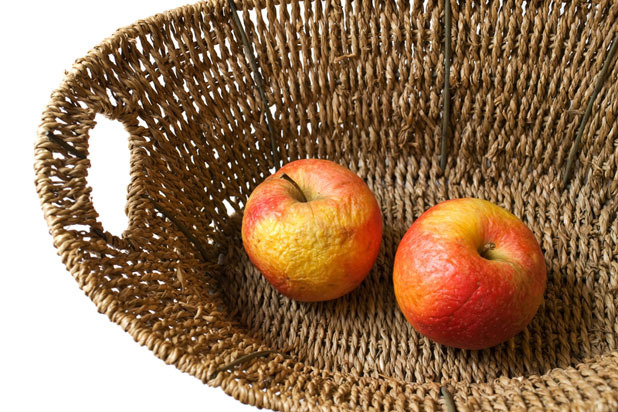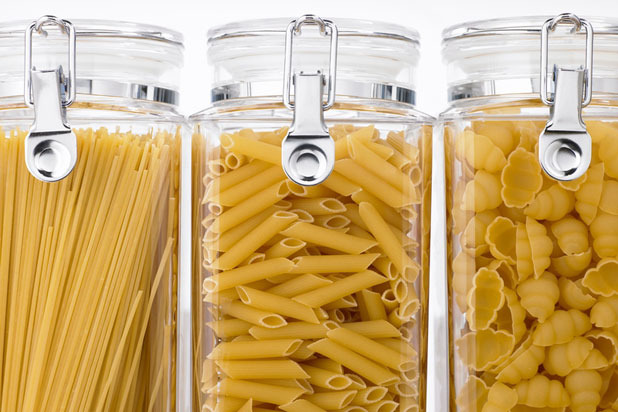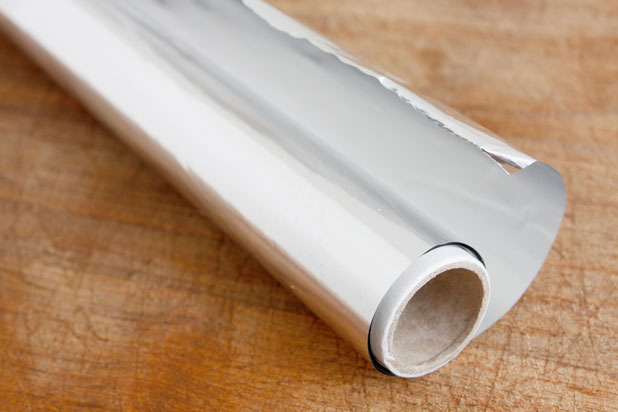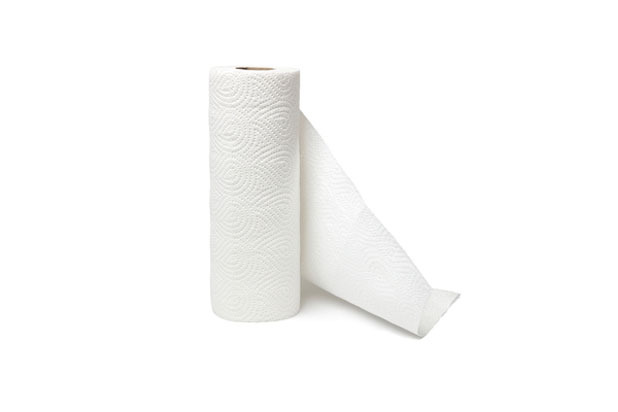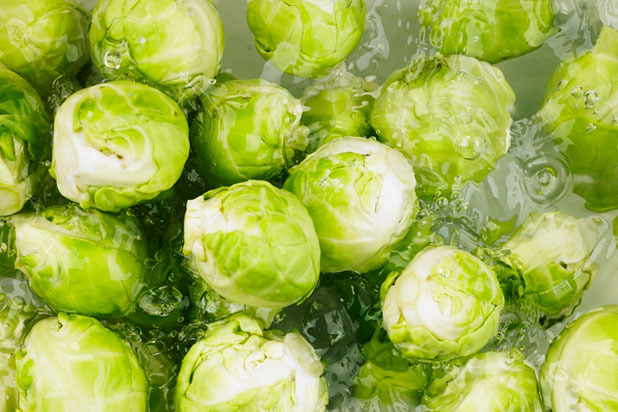10 Ways To Make Food Last Longer Slideshow
Your freezer is no longer just home to ice cream and TV dinners — it can actually serve as a great preservation tool. If you want fresh herbs to last longer, simply cut, clean, place in sealed plastic bags, and store in the freezer. When ready to use, simply chop and watch them instantaneously defrost once they hit the hot pan. Butter or bread on sale at your local supermarket? Take advantage of the deal by stocking up and storing it in the freezer. Freezing flour for 48 hours helps to kill any insect eggs that may be present, while freezing brown sugar will keep it from hardening. Generally speaking, your freezer with extend the life of most products, but take care not to overdo it and let them become victims of freezer burn.
2. Plan Ahead
In an age where it is easier to run to the drive-thru window then to plan your meals in advance, this tip may seem impractical. However, using a meal plan in a simplistic way can really help your food last longer. Once you've returned from your ritual food-shopping trip, take stock of the day's purchases. Cook the most perishable items first, rather than forgetting them in the back of the pantry.
3. Waste Not, Want Not
Many a grocery item has been lost by not following this cardinal rule. We are all guilty of thinking in extremes — using two packages of pasta instead of one, cooking the whole bag of edamame rather than the appropriate serving size. Measuring out what you need rather than using the whole item will help you save product and time. For instance, if you don't need to use a lot of lemon juice, simply puncture the lemon and use what is required rather than cutting it up completely. Hack off one small portion of ginger at a time, keeping the rest sealed tightly in a plastic bag and visible in the refrigerator door.
4. Invest in an Ethylene Gas Guardian (E.G.G.)
Baking soda isn't the only thing that should be in the back of your fridge. Fruits and veggies omit ethylene gas, causing them to spoil more quickly and damaging surrounding produce. Stash this baby in the back of your fridge and keep veggies fresh for a much longer time then you would have thought. With a small up-front investment of less than $25, enjoy longer shelf life and crispier greens year-round.
5. Count Your Losses
One bad apple can really spoil the whole bunch — think of rotted fruit as a contagious virus. If you spot an unsightly fruit, mercilessly remove the culprit before it spoils the surrounding foods. Keep this in mind when returning from a farmers market: If you picked up ripened fruit and unripened fruit, they should be kept separate. The ethylene from the ripened fruit will attack the unripened fruit before it ever has a chance to flourish. Also, remember that storing the same foods of different consistencies (i.e. chewy cookies and crispy cookies) will cause each product to cancel out the other's freshness.
6. Add This and Get That
Sometimes, a little extra something does go a long way. There are plenty of unlikely pairs when it comes to preserving food. The addition of rice in the saltshaker and sugar jar will prevent clumping, a bay leaf inserted slyly in flour or pasta will ward off infecting bugs, and add a dab of butter to the cut side of cheeses to prevent them from drying out. Though small additions, these tricks will improve the longevity of some of your kitchen's staples.
7. Re-Wrap It
Just because it arrives in pretty packaging doesn't mean it is practical to keep it in there. Remove cheeses from their original packaging and re-wrap in plastic to make them last longer and also make sure to give lettuce a fresh plastic wrap. It's not recommended that you re-wrap foods like fish, poultry, or meat before putting them in the freezer but, if you are portioning it out for the week, make sure to use durable, airtight freezer wrappings to keep foods fresh.
8. Store It Right
Roughly speaking, there are about 100 different strange tips for keeping food fresh. Keeping conscious of your foods' properties helps when attempting to find proper places for safekeeping. Start out by not overstuffing your refrigerator; keeping a nice circulation of cold air helps keep food fresh. Proper dairy storage is a key component to lengthening the life of your food. Eggs should be kept in a carton, while milk should be kept in a glass bottle to keep it fresher longer. Use airtight containers for leftovers to prevent bacteria from growing. Veggies should never be washed before they are tucked away in the fridge, and keep in mind that not all veggies (such as tomatoes) should be kept cold. Dry products like flour should be kept away from sunlight. Keep in mind that air is the enemy of all of your products — keeping them sealed tight locks out any intruding bacteria that threaten to cut your groceries' lives short.
9. Paper Towels
Although it is not the greenest of solutions, using paper towels in a few simple ways can help you prolong the life of your shopping list. If you line crisper drawers with paper towels, they will absorb water in veggies, allowing them to stay firm and avoid rotting. Wrapping deli meat in paper towels makes the lunch staples last longer — just be sure to change the towels regularly and cover completely.
10. Refresh It
In case you forgot to follow the previous helpful suggestions, a last resort in helping to keep your kitchen stocked is to refresh what is already there. When placed in cold water, formerly limp vegetables are shocked back to a crispy consistency. Adding cinnamon, vanilla extract, or coffee-flavored syrup to stale coffee grounds or beans will refresh the stale grinds. Steam or heat older bread in the oven to bring it back to edible life.
